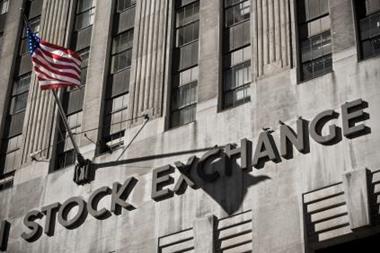There is fear in the current recession – and fear breeds inaction.
We are all suffering in the current recession. But sadly, despite all the grand words in the good times about corporate social responsibility, the impact is likely to hit hardest those communities which are already finding it difficult to survive.
The degree of uncertainty that the global recession has brought to the world’s major economies is inevitably affecting governments’, companies’ and individuals’ view of risk. Our lead article Risk in a Recession looks at some of the fall-out, in terms of actual and potential loss and liabilities as a result.
There is fear – and fear breeds inaction. It promotes risk adversity. Investment in a particular loss control strategy might have apparently clear benefits, but could the money be better spent elsewhere or even stored up to help the business weather the months ahead? Why launch a new product, however attractive it might be, at a time when demand for existing products is at its lowest point?
Playing it safe is attractive in difficult times but perhaps we can learn some lessons from the past. History shows that very few accomplishments have come about without those embarking on them taking a high degree of risk. The European recession has brought with it no shortage of opportunities.
For example, some large companies are cutting down on some of their specialist products because they are not economically viable in today’s market. There is a clear opportunity here for smaller companies without the same overheads – or for larger companies outsourcing elsewhere – to fill the gap.
However, inevitably, inertia is going to have an impact on suppliers, and taking into account globalisation and outsourcing, some of those suppliers will be those most poorly placed to compensate.
As Europe’s companies strive for profitability and an emergence from the recession, it could well be the poorer economies who pay – those who have high levels of unemployment, a low working wage which can be squeezed down even further and desperation for foreign currency (regardless of what that might be worth now).
Ironically, it was those countries that represented the growth opportunities of the future for the western world. So ultimately, everyone pays.
Postscript
Sue Copeman, Editor, StrategicRISK



















No comments yet